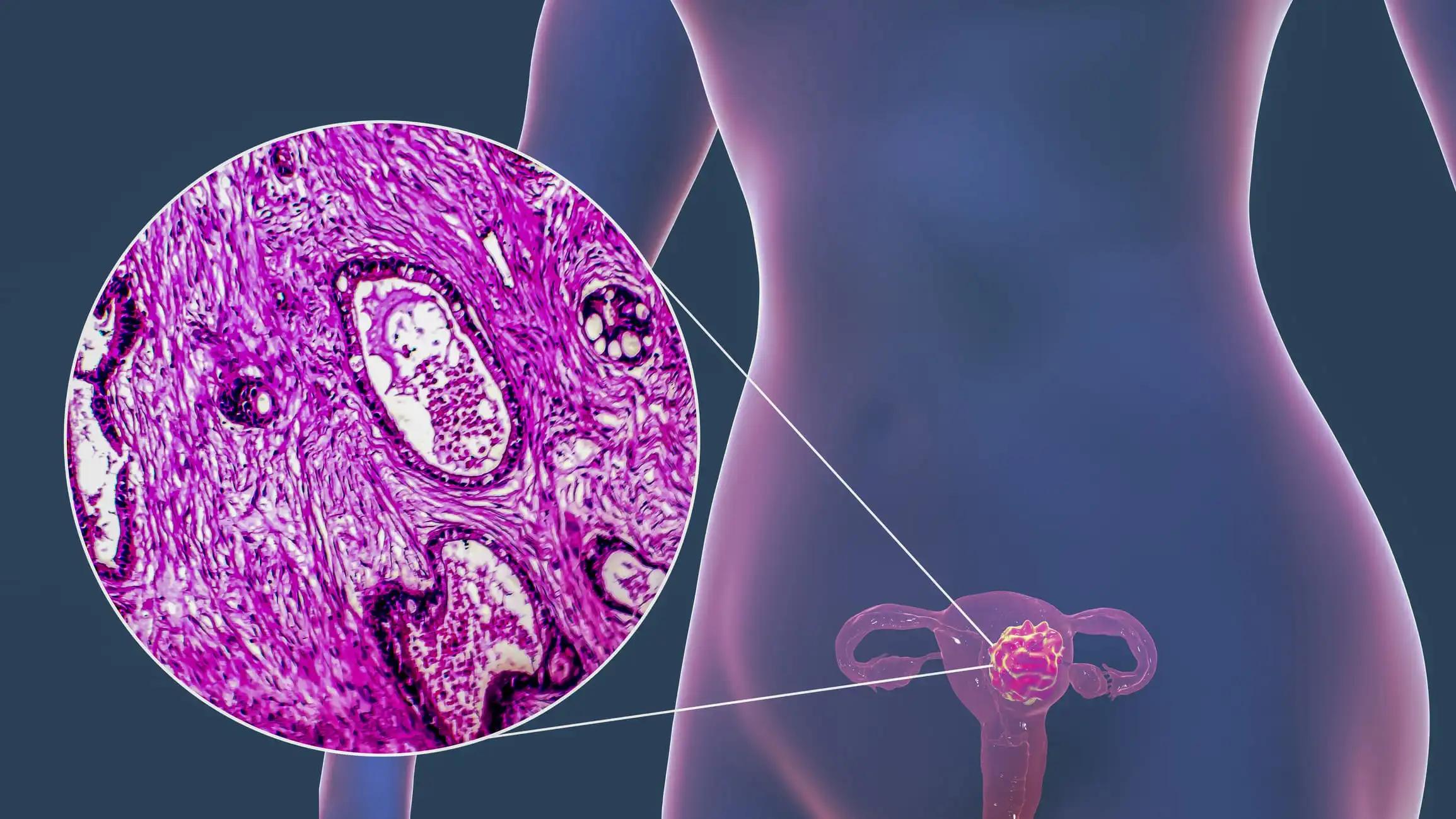KEY TAKEAWAYS
- The study aimed to investigate how metabolic disorders affect clinicopathologic features in patients with EC.
- Researchers noticed that hyperglycemia and hypertension are associated with poorer prognosis in type I EC.
The incidence of endometrial cancer (EC) has increased in recent years, partly due to high-fat, high-calorie diets and sedentary lifestyles. Despite this, the connections between metabolic disorders and the progression of EC remain unclear.
Yuanpei Wang and the team aimed to explore the associations between obesity, hypertension, hyperglycemia, and clinicopathologic features in patients with EC.
They performed an inclusive analysis using Chi-square tests to evaluate categorical variables and calculate P values. Univariate and multivariate logistic regression analyses were conducted to identify risk factors for myometrial invasion depth greater than 1/2 and lymph node metastasis. Overall survival (OS) was estimated using the Kaplan-Meier method. The study involved patients with EC to assess the impact of metabolic disorders on disease progression and prognosis.
About 406 individuals with EC were included in the study, with 62.6% having type I and 37.4% having type II. Hypertension was observed in 132 (32.5%), hyperglycemia in 75 (18.5%), and overweight or obesity in 217 (53.4%). Hypertension, hyperglycemia, and obesity were found to be strongly associated with the clinicopathologic features of EC.
The multivariate logistic regression revealed that hyperglycemia (OR=2.439, 95% CI: 1.025-5.804, P=0.044) was a risk factor for myometrial invasion depth greater than 1/2 in patients with type I EC, and hypertension (OR=32.124, 95% CI: 3.287-313.992, P=0.003) was a risk factor for lymph node metastasis in patients with type I EC.
Survival analysis showed that hyperglycemia (P < 0.001) and hypertension (P=0.002) were associated with OS in type I EC. Neither hyperglycemia, hypertension, nor obesity was associated with prognosis in type II EC.
The study concluded that hyperglycemia is a risk factor for myometrial invasion depth greater than 1/2 in patients with type I EC, while hypertension is a risk factor for lymph node metastasis in these patients. Additionally, both hypertension and hyperglycemia are associated with poor prognosis in type I EC.
The study is funded by the Excellent Youth Funding of Henan Provincial Foundation Committee (222300420091), 2021 Henan Provincial Health Young and Middle-aged Discipline Leader Project and Henan Province Medical Science and Technology Research Plan Provincial and Ministerial Co-construction Project (SBGJ202302075).
Source: https://pubmed.ncbi.nlm.nih.gov/39257906/
Wang Y, Liu Q, Sun Y, et al. (2024). “Association between metabolic disorders and clinicopathologic features in endometrial cancer.” Front Endocrinol (Lausanne). 2024;15:1351982. Published 2024 Aug 26. doi:10.3389/fendo.2024.1351982



